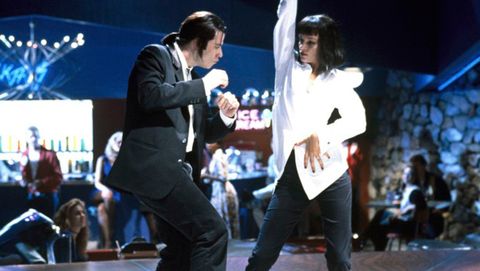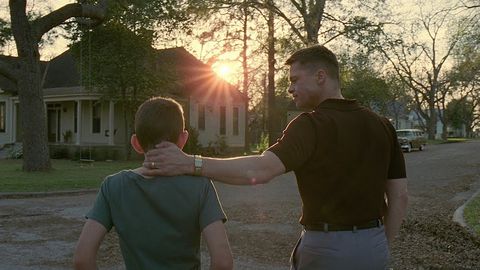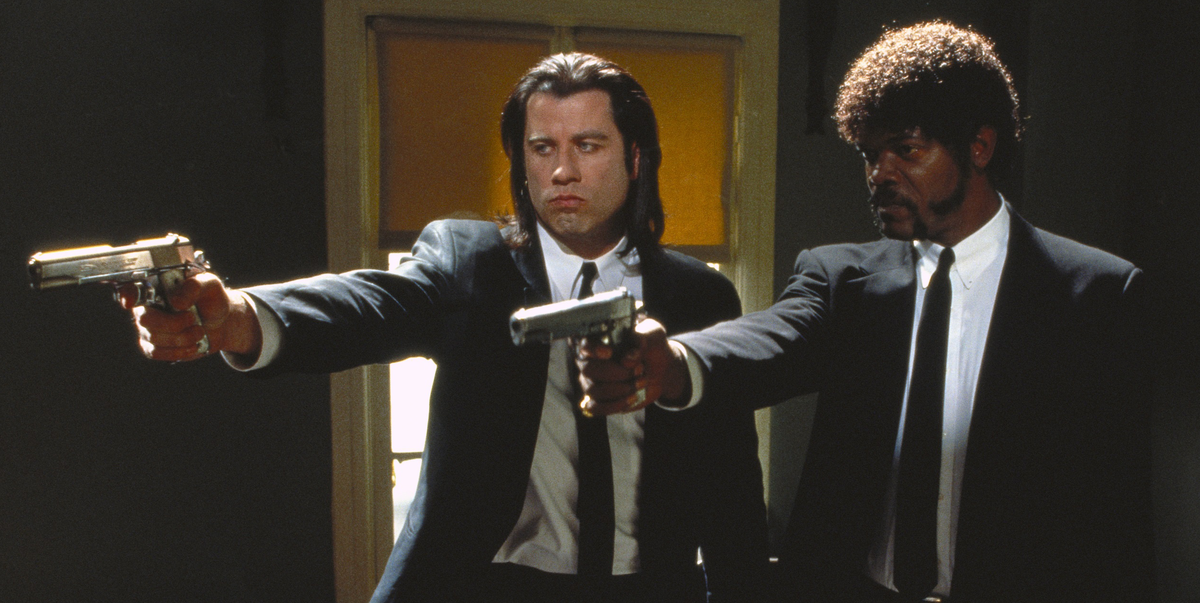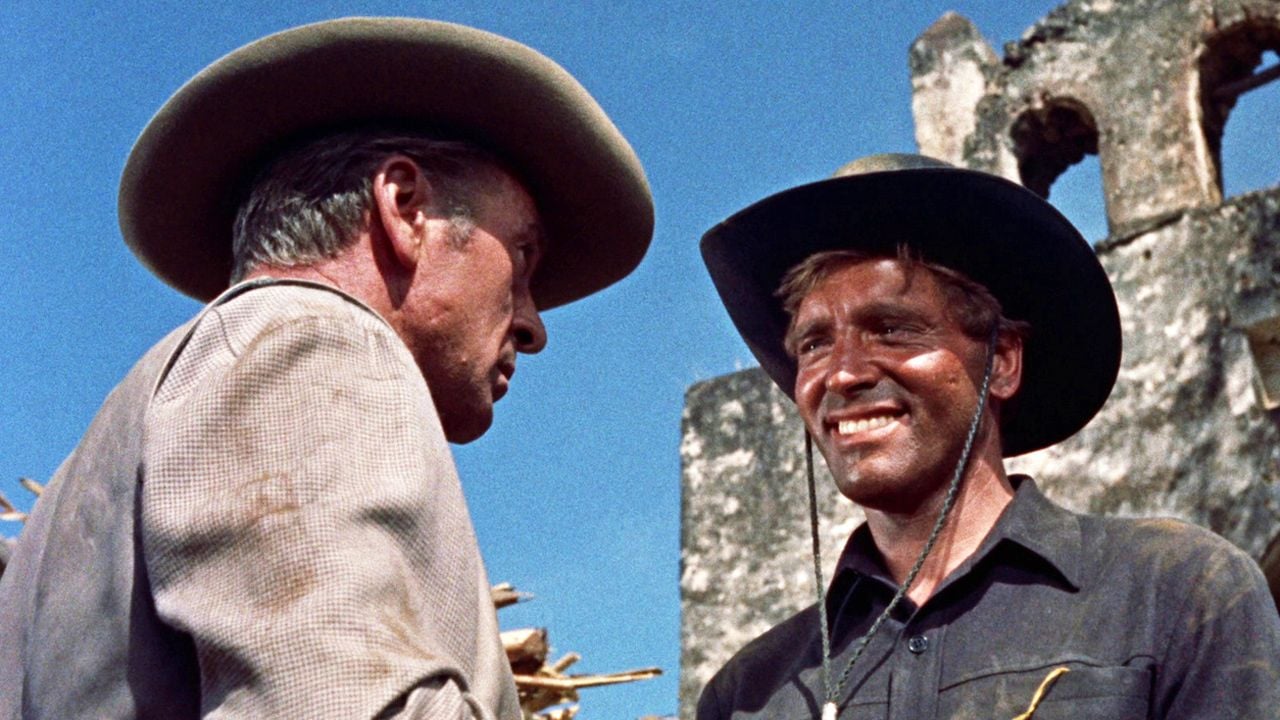We review three films that, after passing through the Cannes Festival, changed the history of cinema as we know it. Did you experience these revolutions?
To please the jury of the great film competitions such as San Sebastian, Berlin or Venice does not always mean an immediate success among future viewers of the work but, of course, it helps.
Nor is the reaction of the public definitive, whether applauding titles that later disappear from the collective imagination or booing future pillars of popular culture, they may not know how to understand at the time what will end up being an indisputable classic of popular culture.
And it is that whoever believes that cinema is not as passionate as football has not been to a festival, the equivalent in the seventh art of going to the stadium. At Cannes, elitist as it may seem from the outside, booing and deafening applause are commonplace. Great classics, commercial successes and even some films that days later win the Palme d’Or, have not been spared this beautiful custom.
That is what happened (for better or for worse) with these three productions that, after passing through the Cannes Festival, changed certain trends on the international scene and are now essential titles for understanding contemporary cinema.
While we await the awards and the next Palme d’Or of the world’s largest film market, we review three of its main and historical participants.
Taxi Driver (Martin Scorsese, 1976)
Dark times were running, as always. In 1975, a bomb was detonated on the opening day of the festival and, a year earlier, an explosive was discovered nearby. The atmosphere was charged and when Martin Scorsese presented his nihilistic story, many did not finish seeing it with good eyes. The jury, chaired by tennessee williamsquestioned the appropriateness of the film’s violent tone but, despite everything, they ended up choosing the title as worthy of the Palme d’Or, signaling the end of classic cinema and giving wings to the filmmakers of the revolution that, among other things, allowed a Francis Ford Coppola win the same award only three years later for the beast ‘apocalypse now‘.

Pulp Fiction (Quentin Tarantino, 1994)
Winner of the Palme d’Or in 1994, and an undisputed classic, this is one of the most remarkable examples of the booing phenomenon in Cannes. In addition to winning the main award captivating the general public after its commercial premiere, we were all able to enjoy the moment in which Quentin Tarantino went up to collect the prize while a woman shouts from her seat: “it’s shit!”. The iconic filmmaker responded with an elegant comb.

‘The Tree of Life’ (Terrence Malick, 2011)
The last great divide between critics, academics and the public. Every pass of ‘The Tree of Life‘ ended with an intense battle of boos and applause. According to the movie buff that one decided to read, he would discover that the most popular side changes habits suspiciously. After being awarded the Palme d’Or, and being nominated for an Oscar for best film, direction and photography, many cinemas enabled a service in which they returned the money to viewers who left the room before the first twenty minutes. The division of opinions lasted until its last consequences.

Source: Fotogramas
Camila Luna is a writer at Gossipify, where she covers the latest movies and television series. With a passion for all things entertainment, Camila brings her unique perspective to her writing and offers readers an inside look at the industry. Camila is a graduate from the University of California, Los Angeles (UCLA) with a degree in English and is also a avid movie watcher.







